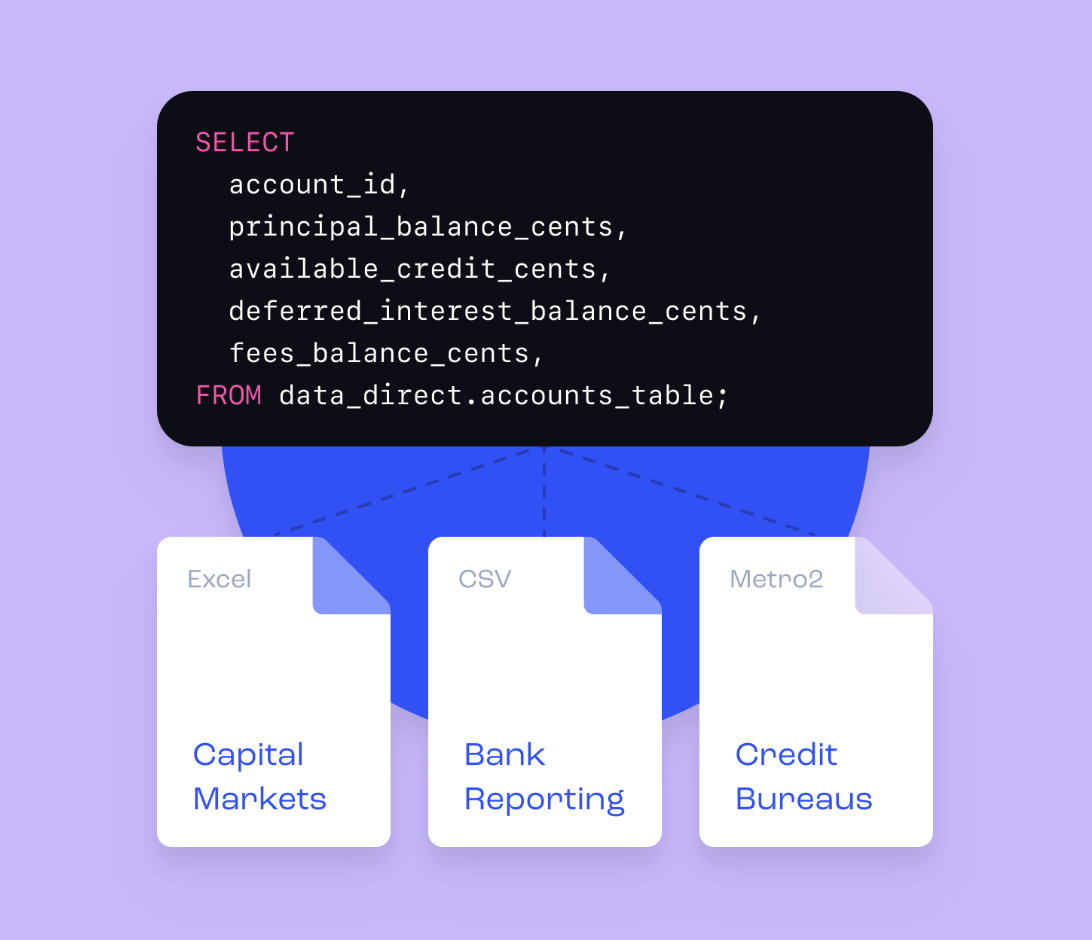Supporting Canopy's API-Led Product Growth

Sharing part of our history with Canopy
Canopy was founded in 2019 to help Fintechs and banks service customer accounts through automation and flexible APIs.
Bump.sh was already offering its OpenAPI-based API documentation generator, and shared a ride with Canopy, starting summer of 2020. Let us tell you more about it.
In our early stages
Anurag Angara, Head of Product at Canopy, joined their team as the 4th employee and technical product manager.
Back then, Canopy was a fintech technology solution built from developer-centric APIs. It’s still one of their core strengths. As an innovative product and company, one of his key tasks was to understand the lending and credit market.
Leveraging OpenAPI was a smart move to quickly build prototypes that could be shown to potential lending and credit clients and collect their feedback. Its intuitive, language-agnostic nature offered a similar experience to working with mockups and wireframes for a web application. Without having to completely release a product, Anurag could share projected API docs with potential customers.
That’s where Canopy and Bump.sh began working together. Anurag needed to render the OpenAPI contract into shareable, professionally polished documentation. Back then, we already had great support of OpenAPI, and we were precisely working on building a stunning docs UI. Well, we had to start somewhere, and we’re not ashamed to say that Anurag initially sent us a CSS sheet that we integrated to produce the intended styling (yes, it’s much easier than that now, it’s all in our publication UI). It was the start of a great relationship. It’s always, and will always be, crucial for us to be close to our users. And Canopy’s team has been close to us, too.
Bump.sh made things easy. It was pretty much ’set it and forget it’. We’d be sure that our docs would always be up to date, even during our fast-paced development cycles.
Their API docs quickly became a key ingredient of their sales and customer onboarding processes. They could generate those “Aha!” moments whenever Canopy would spin out a branch of their API (each automatically deployed on Bump.sh), to show them what would be possible. It had a direct impact on reaching and closing deals.
Another win? Reducing the time-to-first-API-call. Before using Bump.sh, Canopy used Google Sheets. As much as this is a pragmatic way to get started, automatically generating a user-friendly documentation portal from OpenAPI contracts brought the experience to a whole new level. Additionally, the support of references ($ref, automatically recognized and resolved) and JSON schema by Bump.sh made it possible for them to maintain, manage, and improve their API schema as their team and product continued to grow over the next three years.
Serving Canopy’s customers today and tomorrow
Canopy started acquiring customers, scaled, and raised a Series A in August 2021. As a direct consequence, their roadmap pace increased. And with it: their need for more automation and the ability to rely on an API reference.
They further developed their public API and used our CLI to completely automate the publication of their latest API changes. No need to log in to our dashboard: everything is under control on their end.
The API doc is now the single source of truth for all of their developers, always up-to-date, and shared in real-time with the customers. And they keep on loving the look of it.
Bump.sh is critical to our stack and workflow.
We’re still regularly having calls, collecting Canopy’s feedback, and figuring out new ways to improve their API’s documentation experience. And with that, supporting them to offer their service to even more teams!
At Bump.sh, our mission is to help teams and companies to step up their API game. We’re right here if you need some assistance on these kinds of projects; feel free to contact us anytime.